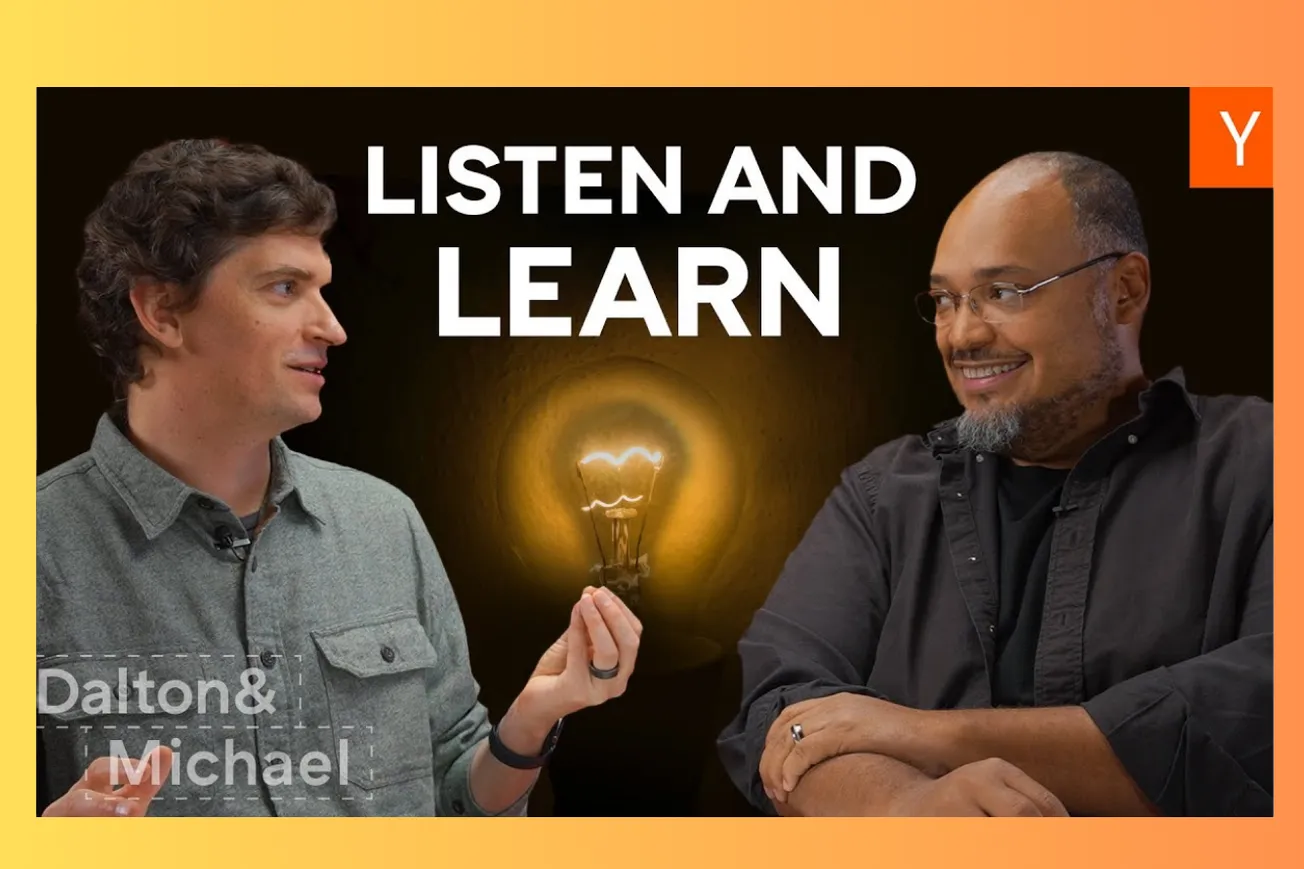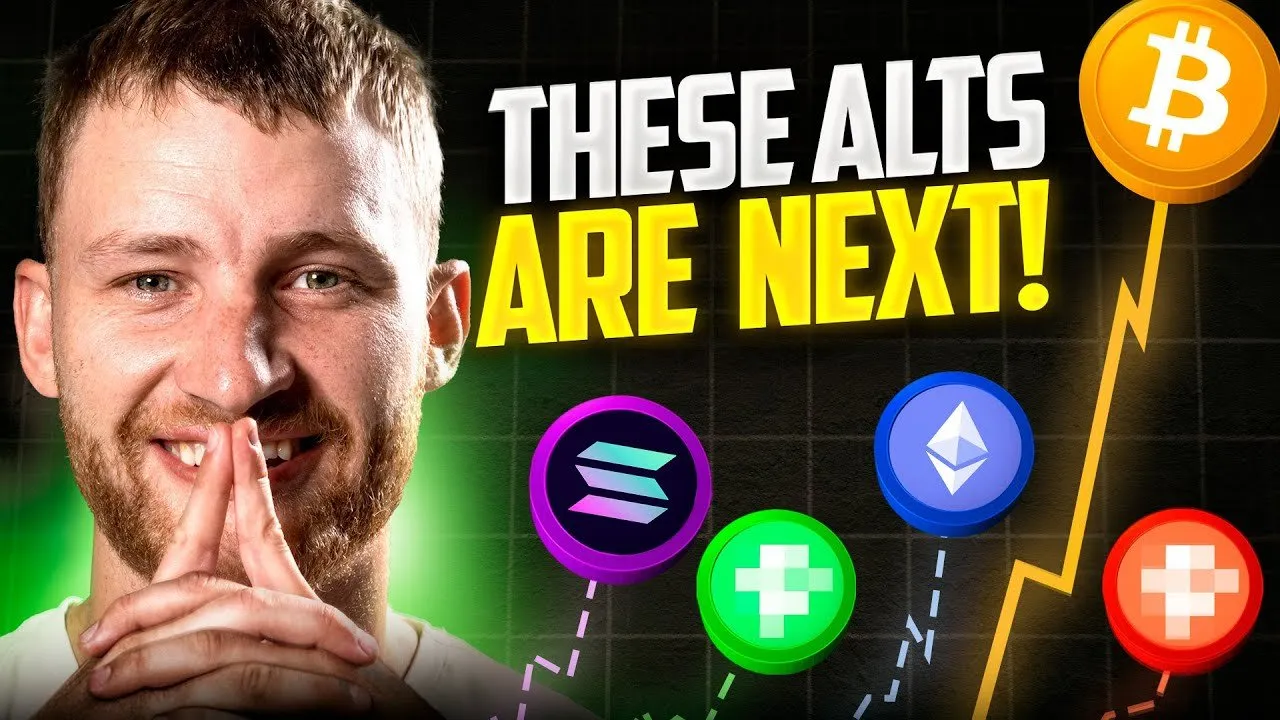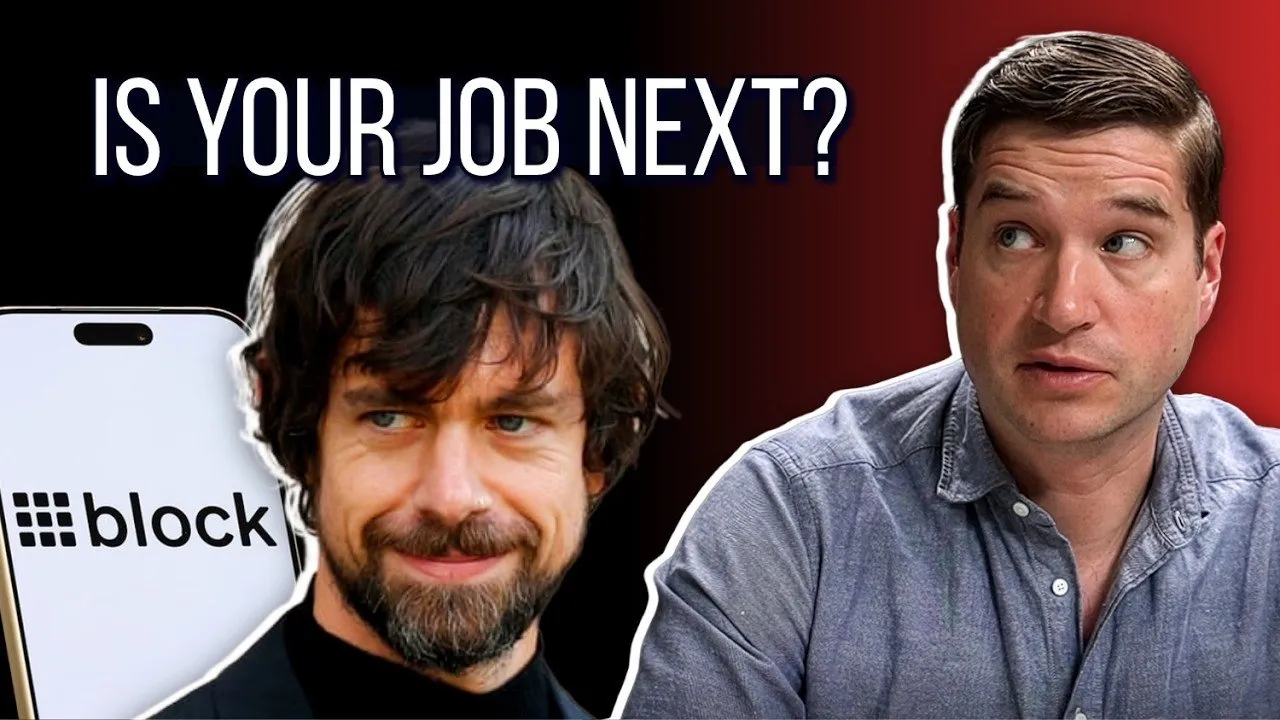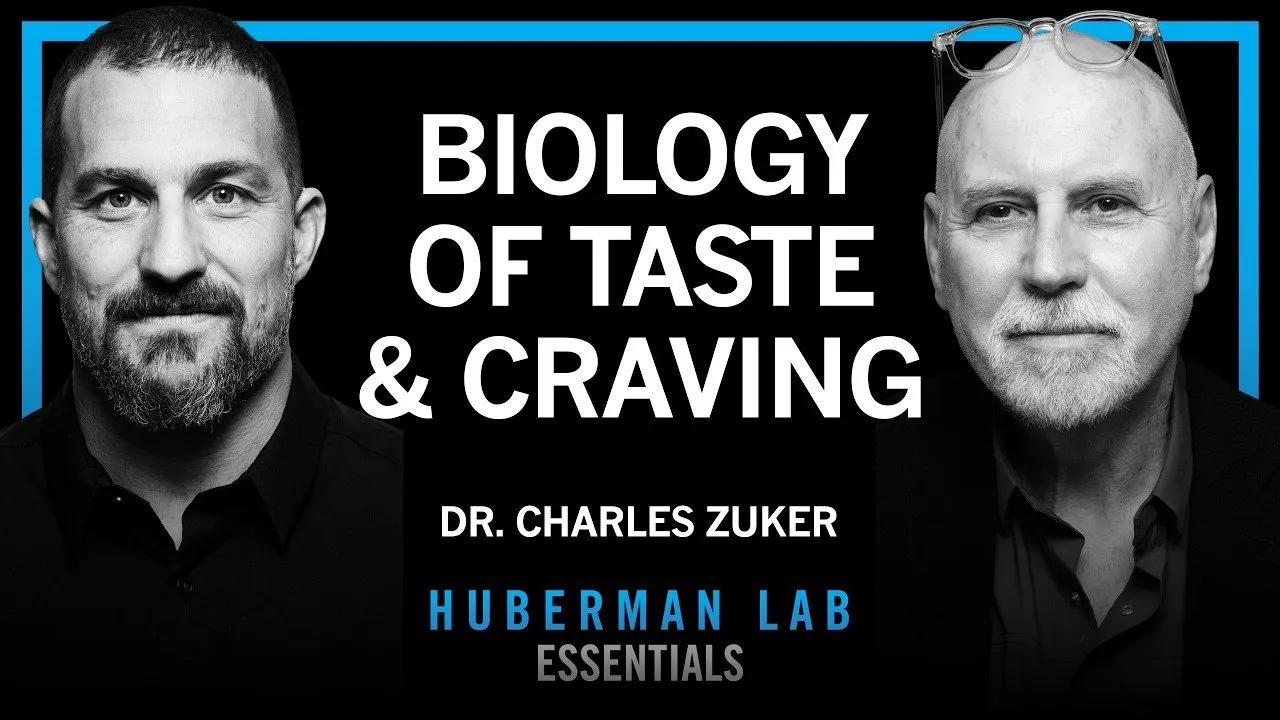Table of Contents
Y Combinator partners reveal how Airbnb, Brex, and Twitch achieved breakthrough insights by genuinely caring about customers rather than treating them as data points.
Key Takeaways
- Founders who personally care about customers and spend one-on-one time with them learn exponentially faster than those who maintain professional distance
- Airbnb's breakthrough came when founders helped hosts with photography for free, leading to a coffee conversation that revealed 10 years of hosting insights
- Brex succeeded by solving problems for fellow YC founders who were completely shut out of traditional credit card systems due to age and nationality
- Twitch's pivot happened when founders personally called streamers and discovered they wanted basic features like higher resolution and revenue sharing
- The biggest learning often comes from caring about one customer deeply rather than surveying hundreds of customers superficially
- Successful founders remember the names and life stories of their first customers, treating them as real people rather than user acquisition metrics
- Money becomes tangential to customer insights—adding more resources often creates harmful layers between founders and actual customer problems
- Early-stage overconfidence blinds founders to how much they don't know until they commit fully and realize learning is essential for survival
- Hand-written checks and personal phone calls from CEOs create lasting customer relationships that generate invaluable business intelligence
Timeline Overview
- Introduction and overconfidence problem — Michael Seibel and Dalton Caldwell discuss how founders start with false confidence about knowing their customers and solutions
- Airbnb photography story — Detailed account of how founders helped hosts with photos, leading to coffee conversation and 10-year hosting notebook insights
- Personal relationships importance — Discussion of how Airbnb founders remember names and maintain relationships with original customers to this day
- Brex pivot and customer focus — Story of failed VR startup pivoting to credit cards by solving problems for fellow YC founders who couldn't access traditional banking
- Justin TV and Twitch transformation — Evolution from complicated user relationship to caring about streamers, leading to revenue sharing and content quality breakthroughs
- Professional vs personal approaches — Contrast between hiring layers of people for customer research versus founders personally engaging with users
- Core learning principles — Final takeaways about acceleration through genuine care and one-on-one customer relationships
The Overconfidence Trap: When Founders Think They Know Everything
Early-stage founders consistently overestimate their understanding of customer problems and solutions, creating a dangerous blind spot that prevents essential learning until they've committed too deeply to quit.
- Founders typically start companies believing they have comprehensive 10-year plans and complete understanding of their market, customer needs, and optimal solutions
- This overconfident foolishness serves an important purpose by providing the motivation necessary to undertake ambitious projects that rational analysis might discourage
- The transition from overconfidence to learning only happens after founders have "burned the bridge behind them" and quitting becomes impossible
- Once founders realize how little they actually know about their customers and problems, they must rapidly develop learning strategies to survive
- The fastest and most effective learning comes from genuinely caring about customers rather than treating them as sources of validation or data points
- Personal investment in customer success creates opportunities for deep insights that formal research methods consistently miss
This psychological journey from false confidence to genuine humility enables the intense learning required for startup success.
Airbnb's Photography Lesson: When Free Help Unlocks Gold Mines
Airbnb's breakthrough customer insight came not from surveys or analytics but from founders personally helping hosts with photography, demonstrating how genuine care creates unexpected learning opportunities.
- Airbnb founders noticed their hosts had terrible photographs both on their platform and competing sites, indicating a widespread problem affecting host success
- Rather than sending instructions or hiring photographers, the founders personally traveled to host properties to take better photos themselves
- The founders knew they were losing money on each photography visit and that hosts would use the improved photos on competing platforms
- Despite the obvious financial downsides, they provided free photography help because they genuinely wanted to solve a problem that mattered to their users
- During one photography session, a host invited founder Joe Gebbia for coffee—a moment when many founders would have declined to move on to the next task
- The coffee conversation revealed that the host had been renting his apartment for 10 years and maintained detailed notes about the hosting experience
- The host offered to share his decade of hosting insights, providing a "gold mine" of customer knowledge that would have been impossible to obtain through formal research
- This single caring interaction taught the founders more about hosting than interviewing hundreds of hosts casually could have accomplished
The lesson demonstrates how personal investment in customer success creates trust and openness that formal business relationships cannot replicate.
Remembering Names: The Human Connection Difference
Successful founders like those at Airbnb distinguish themselves by treating early customers as real people with names and stories rather than anonymous users or acquisition metrics.
- Airbnb founders remember the names and life stories of their original hosts and guests, maintaining personal relationships years after their initial interactions
- When telling company origin stories, successful founders describe specific people and relationships rather than anonymous user acquisition funnels or marketing campaigns
- The founders didn't rely on impersonal growth tactics like Facebook ads, landing page optimization, or database scraping to build their initial customer base
- Personal relationships with early customers create lasting loyalty and advocacy that continues benefiting the company long after initial interactions
- Caring about customers as individuals generates emotional investment that motivates founders through difficult periods when rational analysis might suggest quitting
- This authentic personal connection cannot be faked or replicated through professional customer success programs or systematic outreach efforts
The human element of early customer relationships provides both emotional sustenance for founders and practical intelligence about customer needs.
Brex's Founder-to-Founder Solution: Solving Real Problems for Real People
Brex succeeded by pivoting from a failed VR startup to solving credit card problems for fellow YC founders, demonstrating how personal understanding of customer pain creates immediate product-market fit.
- The Brex founders initially pursued a trendy VR headset idea without deep understanding of the market, user needs, or competitive advantages
- Their VR startup failed because they lacked domain expertise and personal connection to the problems they were attempting to solve
- The pivot to credit cards succeeded because the founders personally understood the financial challenges facing other startup founders in their YC batch
- Fellow founders were completely shut out of traditional credit card systems due to age restrictions (under 25) and nationality issues (non-American founders)
- The existing financial system offered no alternatives—rejected applicants had literally no options rather than just inferior options
- Brex's initial product didn't need to be amazing because they were competing against "nothing" rather than established solutions
- The founders could serve as their own guinea pigs, experiencing the same international payroll and employee management complexities their customers faced
- Personal relationships with YC batchmates provided immediate access to customers who trusted them and were willing to try their unproven solution
This founder-to-founder understanding created authentic empathy that enabled rapid product development and customer acquisition.
Twitch's Streamer Breakthrough: From Complicated Relationships to Revenue Sharing
The transformation of Justin TV into Twitch happened when founders personally called individual streamers and discovered that caring about content creators unlocked massive platform value.
- Justin TV initially had a complicated relationship with users who streamed copyrighted content like sports, movies, and boxing matches without proper rights
- The platform benefited from high traffic generated by popular unauthorized content but faced constant legal threats and takedown requests
- The relationship dynamic changed when founder Emmett Shear personally reached out to individual Starcraft 2 streamers rather than sending mass communications
- Phone calls between the CEO and individual streamers created unprecedented access and trust, as streamers had never received personal attention from platform leadership
- The first requests from streamers were embarrassingly simple—higher resolution streaming capabilities that represented easy technical implementations for the engineering team
- Higher resolution streams actually increased platform costs, but the founders prioritized creator satisfaction over short-term financial optimization
- Revenue sharing requests led to hand-written checks for amounts as small as $20 per month, which streamers found "amazing" despite the modest sums
- The core insight emerged that helping streamers quit their day jobs to create full-time content would produce programming that millions of people wanted to watch
Personal founder involvement in creator relationships revealed the business model that transformed gaming entertainment.
The Anti-Professional Approach: Why More Resources Create Worse Insights
Adding money, layers, and professional research methods between founders and customers consistently produces inferior insights compared to direct personal engagement.
- Most founders assume they need more resources, better research tools, or professional customer development teams to understand their markets effectively
- The opposite often proves true—additional resources create harmful separation between founders and the authentic customer experience
- Professional approaches like hiring product managers, conducting formal surveys, or commissioning data science reports sound more legitimate but miss critical nuances
- Personal founder engagement feels less professional but generates deeper insights because customers respond differently to authentic care versus corporate research
- Hand-written checks, personal phone calls, and one-on-one coffee conversations create emotional connections that formal business relationships cannot replicate
- Customers share different information with founders who genuinely care about their success versus researchers collecting data for corporate purposes
- The "unprofessional" approach of personally solving customer problems often reveals business model insights that professional analysis misses entirely
Founder authenticity and personal investment unlock customer openness that no amount of professional research methodology can achieve.
One Customer Deep Versus One Hundred Customers Wide
The most valuable customer insights often come from developing deep relationships with individual customers rather than collecting superficial data from large customer samples.
- Spending concentrated time with one customer who trusts you can reveal more actionable insights than casual interactions with hundreds of prospects
- Deep customer relationships require genuine care and personal investment that creates emotional safety for customers to share honest feedback
- Surface-level customer interviews and surveys often produce polite but unhelpful responses because customers don't trust researchers enough to be completely honest
- The Airbnb notebook story demonstrates how one trusting customer shared a decade of detailed insights that formal research could never have uncovered
- Personal relationships enable follow-up conversations and ongoing learning that one-time research interactions cannot provide
- Customers who feel genuinely cared for become collaborators in product development rather than sources of validation for predetermined ideas
This depth-versus-breadth principle applies across all customer development activities, with concentrated attention consistently outperforming distributed efforts.
The Special Feeling Factor: How Customer Care Creates Business Intelligence
When customers feel genuinely special and cared for by founders, they reciprocate with detailed insights and ongoing support that transforms business development.
- Customers who receive personal attention from founders feel uniquely valued compared to their typical interactions with businesses
- This special feeling motivates customers to share honest feedback, detailed use cases, and creative suggestions they would never offer to corporate researchers
- The emotional reciprocity creates ongoing relationships where customers actively help founders understand market dynamics and competitive threats
- Personal founder investment in customer success generates loyalty that survives product problems, pricing changes, and competitive pressures
- Customers who feel cared for become evangelists who provide referrals, testimonials, and market credibility that formal marketing cannot replicate
- The time investment required for personal customer relationships pays dividends through reduced customer acquisition costs and increased lifetime value
This emotional dynamic transforms customer development from extraction-based research into collaborative partnership that benefits both parties long-term.
The most successful startups consistently demonstrate that genuine founder care for customers creates learning acceleration and business insights that no professional research methodology can match. Personal investment in customer success remains the most reliable path to discovering breakthrough business models and sustainable competitive advantages.





